Posts
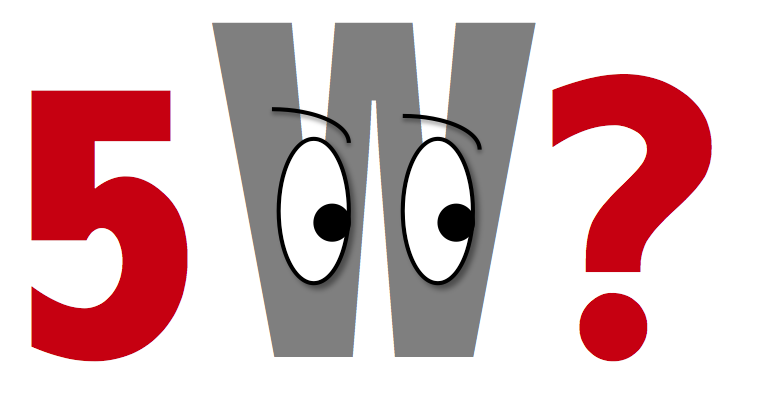
Using the 5 Ws for Science Writing
Science writing, in some respects, is no different to other types of journalistic writing. It is about: Who?, What?, Why?, When?, Where? and (w)How?
Who? It is helpful to contextualise any story, we want to know which genius is responsible…
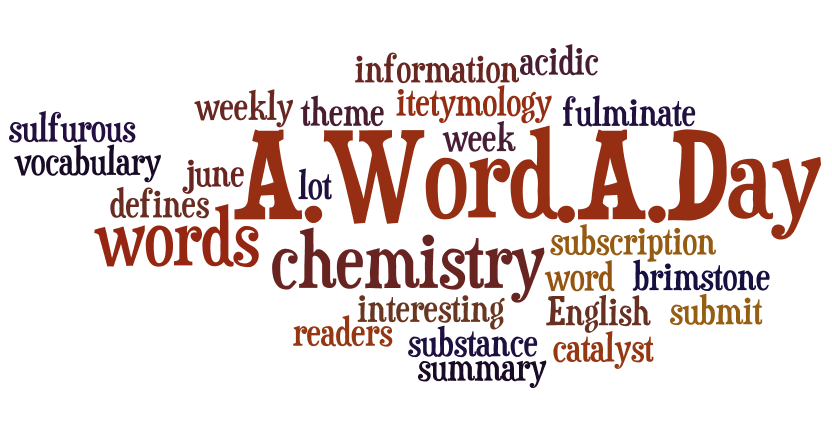
A.Word.A.Day lists words from chemistry
In early June, the theme of the week for A.Word.A.Day was words from chemistry.
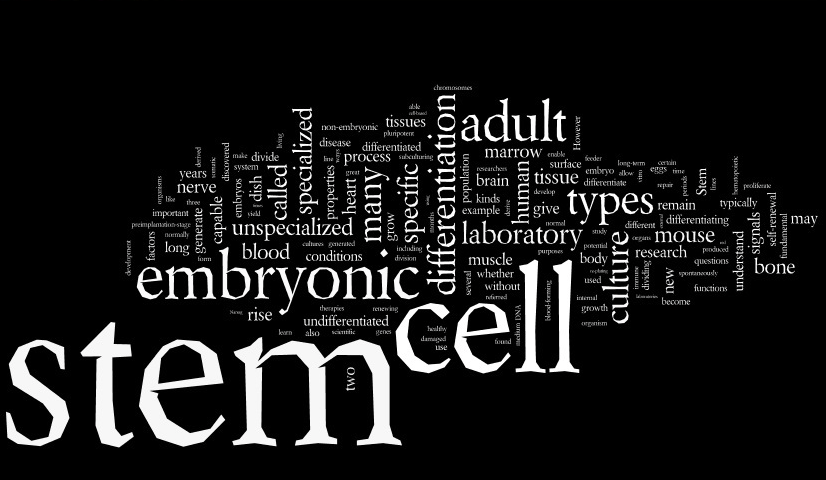
Visual eloquency with Wordle word clouds
Word clouds can be used to create curiousity and enhance creativity. In this tutorial, Iva F. will introduce you to Wordle—a simple, fun and versatile web tool.

LinkedIn champion publishes weekly link tips about science communication
The Week’s Top Science Communication Stories is a weekly link list published on LinkedIn by Kirk Englehardt at Georgia Tech—a true LinkedIn champion who demonstrates the true potential of this media platform.

Analogies—when two similar worlds meet
Properly used, analogies can give a huge help for understanding the structure of what we are telling each other. But then again: which is the proper way to use them? Norbert Majubu offers some reflections on how people often misuse analogies in science communication and reasoning.
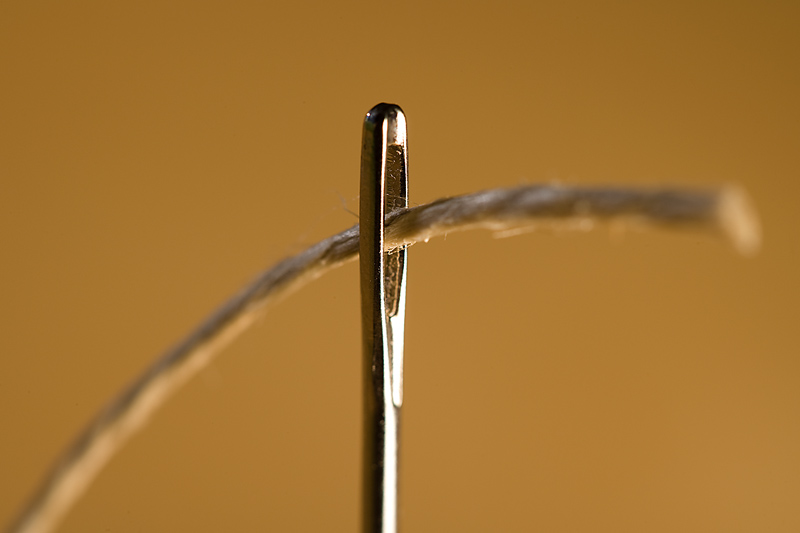
How to succeed in interviews—some reflections by an experienced expert reviewer
To succeed in interviews, you need to show genuine interest, stay present in the moment and demonstrate your self-awareness. Professor Helena Jernberg Wiklund shares some of her experience .
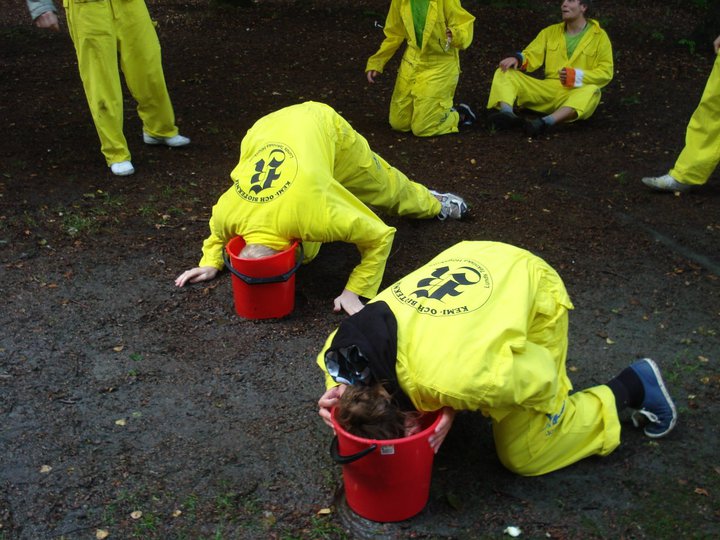
50 survival tips for students
Through Quora, a list from 2006 resurfaced in which Ben Jones of MIT summarized 50 things which he considered important for anyone facing a college experience.

